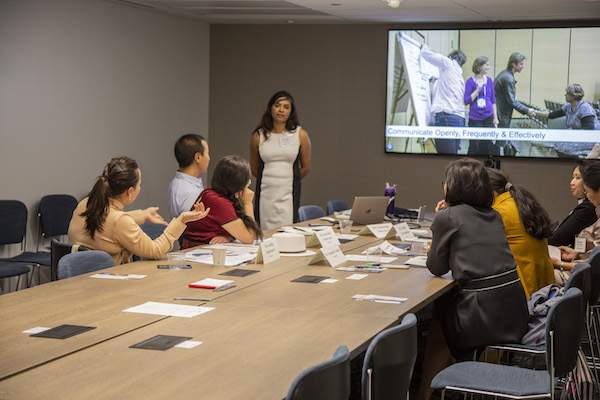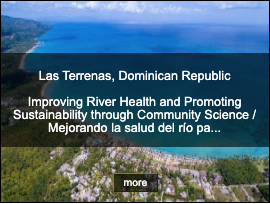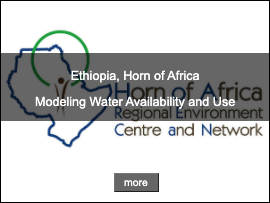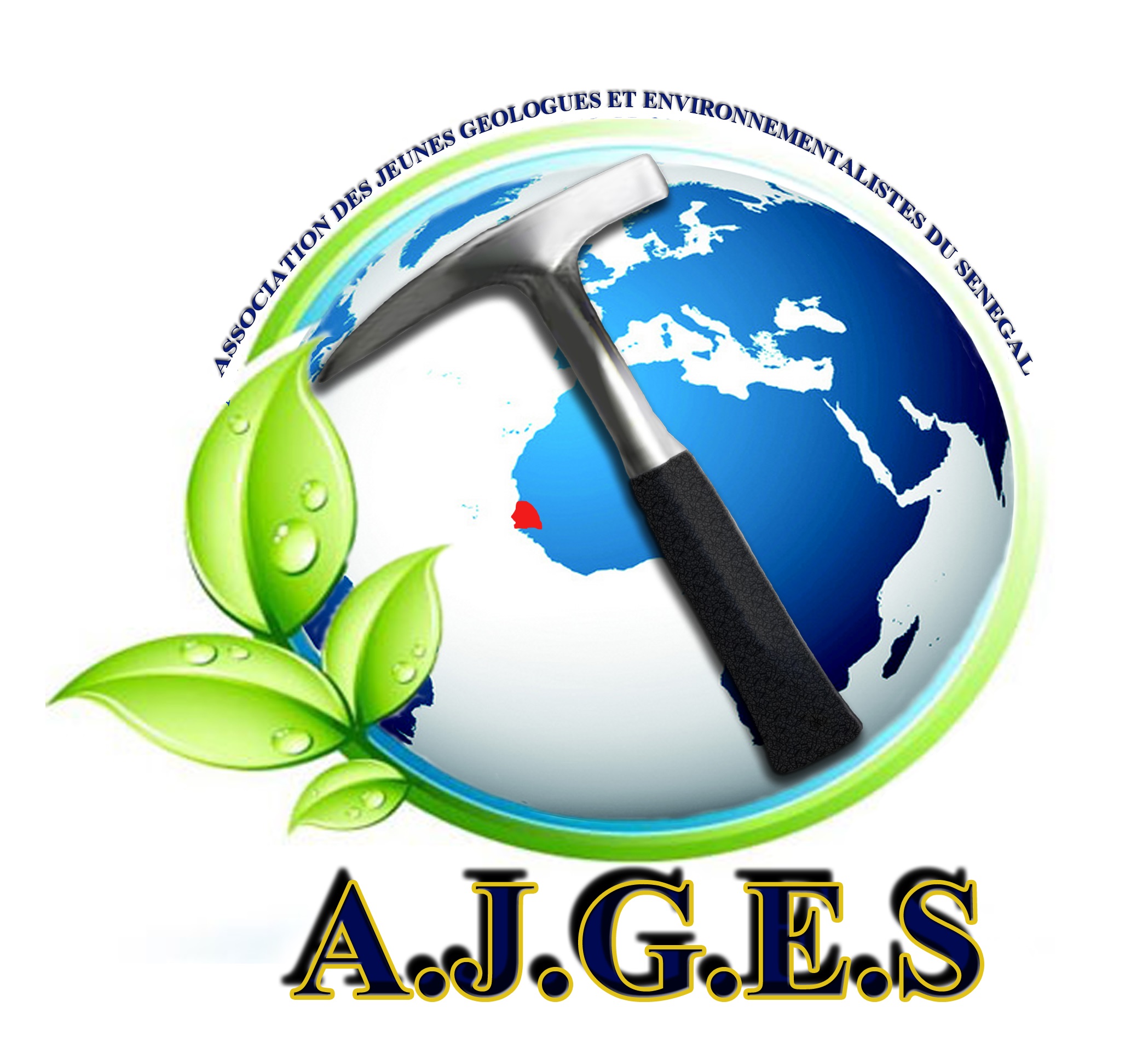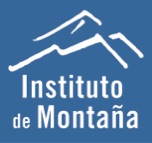Curious about how to do community science in your country?
Thriving Earth Exchange is committed to helping community science flourish around the globe. We have trained staff at community-serving organizations such as Hano Wene (Indonesia) and South Trelawney Environmental Agency (Jamaica) in our community science approaches. We continued to support community science initiatives such as Future Earth Australia initiative in Tallangatta (Melbourne, Victoria) and helped The Association of Young Geologists and Environmentalists of Senegal (AJGES) start planning/exploring a project on desalinization of agriculture in the Fatick region. And in collaboration with the National Academies of Science and USAID’s Partnerships in Enhanced Educational Research (PEER) program, we developed and hosted two webinars for Cambodian researchers on integrating community science principles into their work with communities, which informed the final grant application process.
We would love to work with you, too! Outside of the United States, Thriving Earth Exchange:
- Supports organizations interested in adapting Thriving Earth’s approach to community science for their region/country so as to contribute to their organization’s capacity to support impactful community science projects locally.
- Builds, hosts, and develops capacity for organizations outside of the United States to participate in a community science consortium.
Benefits of working with Thriving Earth Exchange
- Training and mentoring on Thriving Earth’s approach to community science
- Help directly supporting a limited number of projects
- Infrastructure to track projects
- Publicity for the projects
- Support on proposals
- …and more!
Some examples of projects Thriving Earth has done outside of the United States include:
In our experience, it has helped that organizations thinking of partnering with us have the following in place:
- Learning and adaptation: Your organization leadership is interested in learning and adapting the practices of community science.
- Project management: Your organization has the capacity and resources to hire/designate a person(s) to be project managers for the community science initiatives.
- Project manager dedication: Your project managers have the interest, time and capacity to learn, adapt and manage at least 1-2 community science project(s) in the first year.
- Lessons learned and best practices: Your organization is willing to document and share lessons learned and best practices developed from adapting community science to implementing community science projects and everything in between.
Active collaborators outside the U.S.:
AGU scientists are located in 144 countries including the United States. Thriving Earth Exchange has been leveraging these scientists to work with communities, predominantly in the U.S., for the last 10 years. During that time, Thriving Earth Exchange facilitated 10 international community science projects managed by Thriving Earth staff based in Washington, DC.
If adapting Thriving Earth Exchange’s community science approach is of interest to your organization, please contact us at ThrivingEarthExchange@agu.org.

